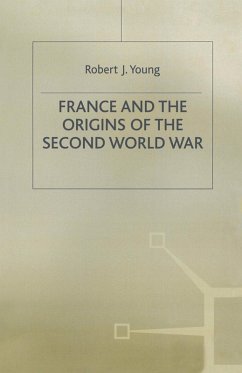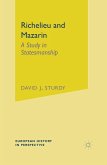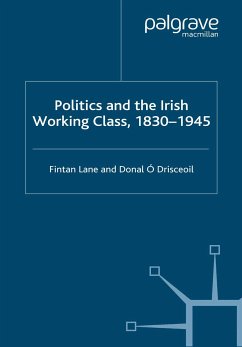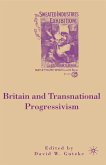France's drift into war and subsequent collapse have often been attributed to her level of confidence. Either she had too much, or too little. This work contends that these two moods were not mutually exclusive, that they coexisted throughout the interwar years, sustained by competing visions of the Republic and of the best way to ensure national security. Early chapters describe the tensions within French interwar foreign policy, as well as the ensuing historiographical tensions among scholars intent on interpreting the French experience. Subsequent chapters explore tensions in defence and economic policies, domestic politics and ideological allegiance, public attitudes and opinion.
Bitte wählen Sie Ihr Anliegen aus.
Rechnungen
Retourenschein anfordern
Bestellstatus
Storno









